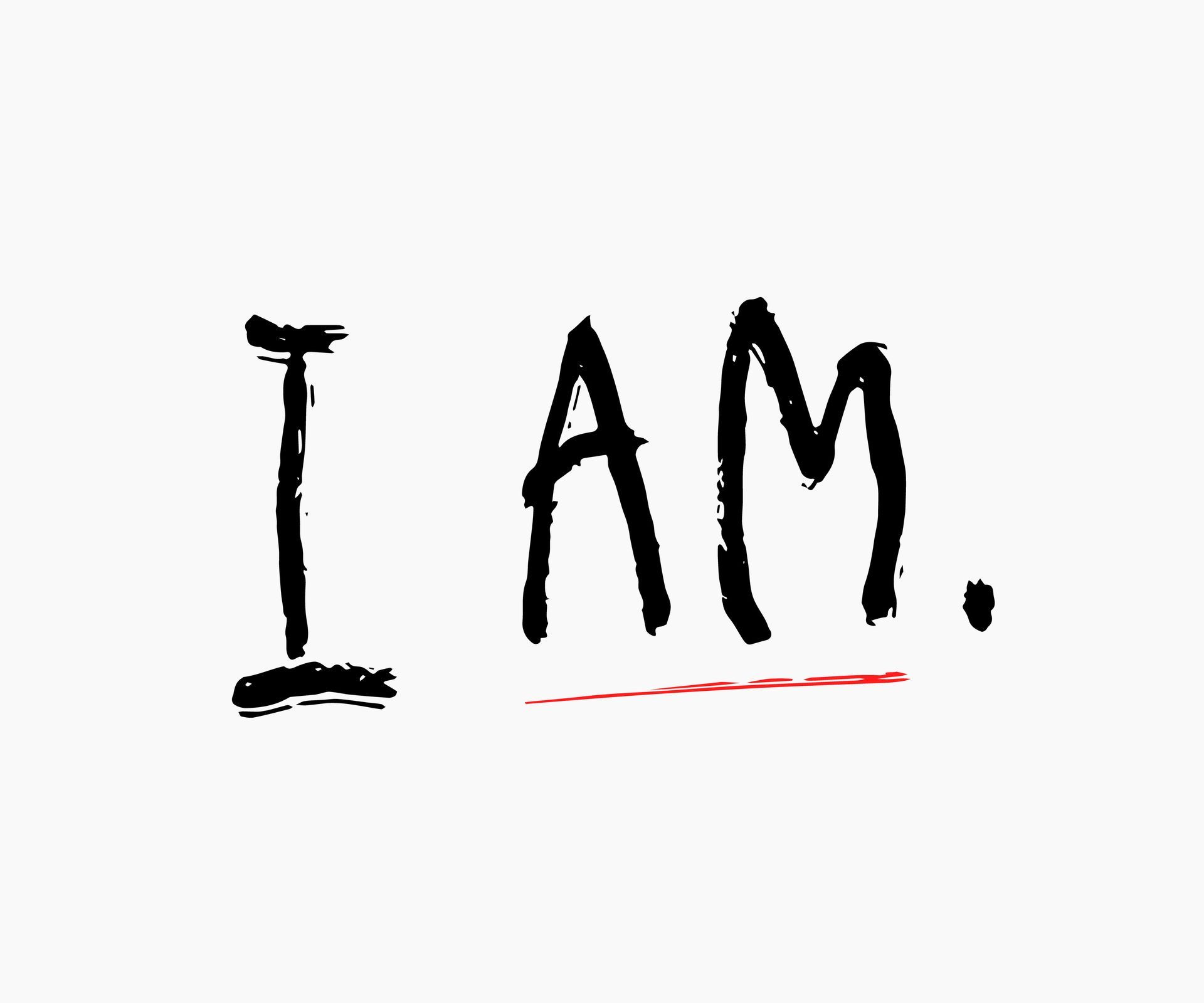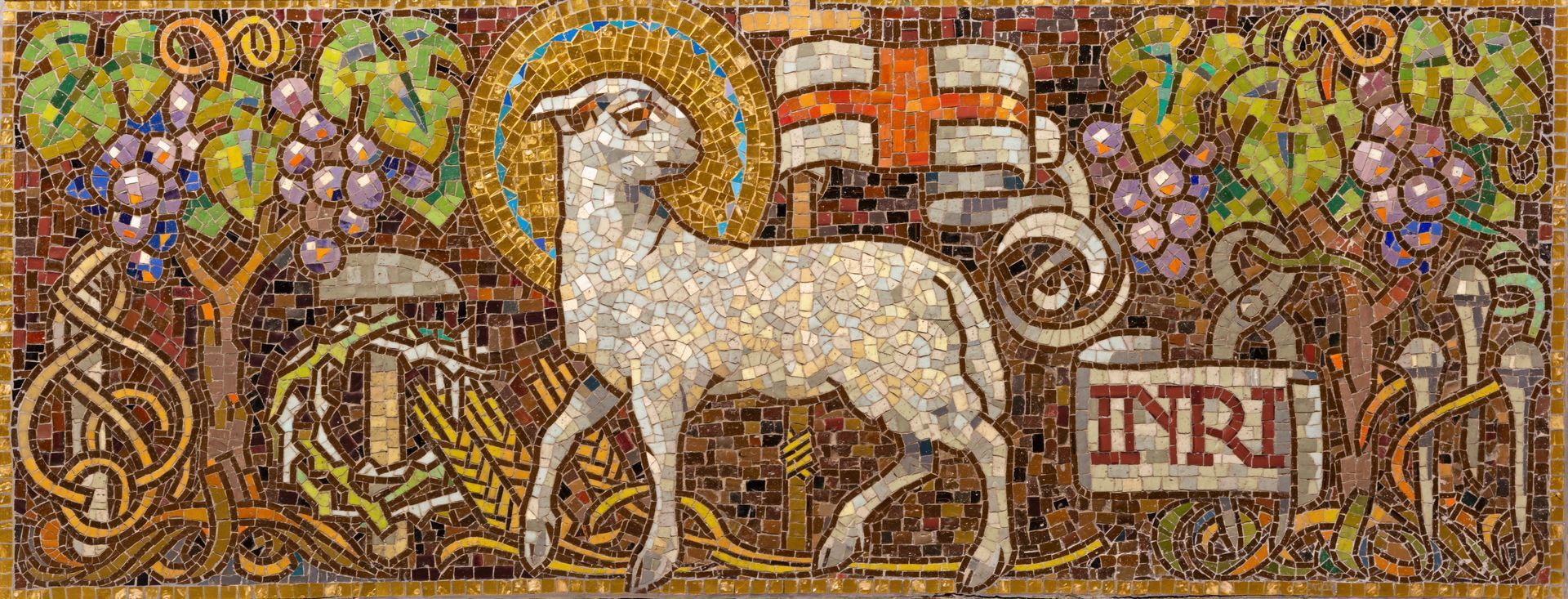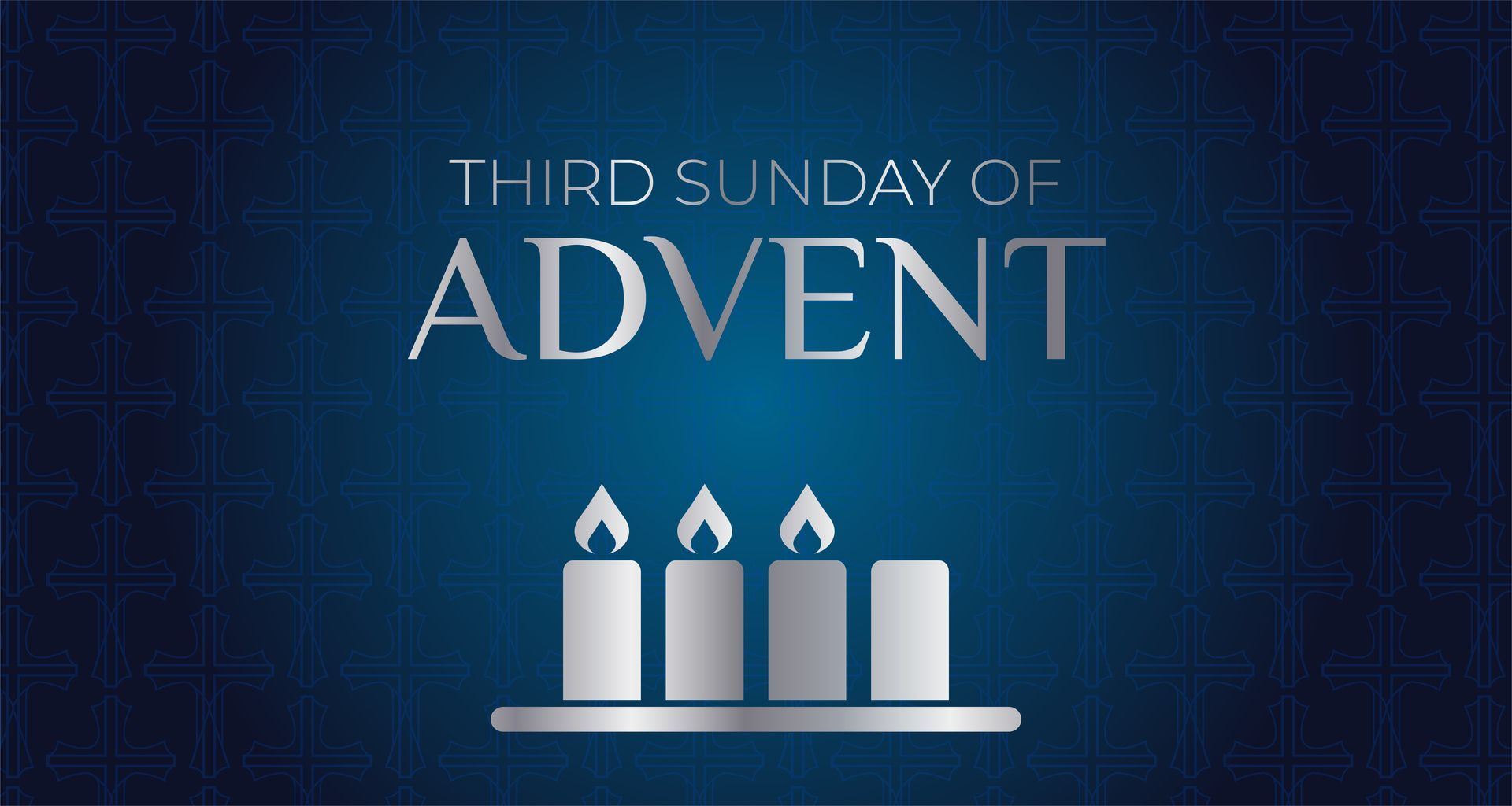With Opened Bible
I AM WHO I AM

“I am who am” (Exodus 3:14)
The first reading for this Third Sunday of Lent presents us with a great truth: the Name of God. Moses encountered for the frst tme in his life the God of his ancestors Abraham, Isaac, and Jacob. But like all Easterners, he wanted to know the Name of his God, that is, to possess it and proclaim it to his People.
Chapter 3 of the Book of Exodus reveals God's relationship with God's relationship with his People. By showing them his Name, he became their partner in the struggle for freedom and salvation.
"I Am who I Am," says the Lord. (Hebrew: Eyeh Ahsher Eyeh) (Exodus 3:14). This is not just a name, but a program for spiritual growth. Through the events to come, Moses would discover the depth of the "I Am who I Am." This divine Name, Yahweh, is the most used in the Old Testament to name the invisible God and protector of Israel. The book of Exodus alone uses this Name 400 tmes, each tme invitng us to delve deeper into our spiritual connecton with God. We also see it associated with other names to express the divine mystery. For example, Alleluia (which means praise Yahweh) (Psalm 106:111,135,147). Sometimes, the Bible uses only Yah (he is) (from the verb Ayah, to be), a reminder of the eternal presence of God in our spiritual journey.
After the exile in Babylon, out of respect for the divine Name, religious Jews put aside the use of the holy Name (Yahweh) by replacing it with the title Adon (Lord) or its plural equivalent, Adonai. (Malachi 3:1; Deuteronomy 10:7) Many times, the title Adon is associated with the possessive to give Adoni (My Lord) Our translation "Lord" corresponds to either Yahweh or Adonai.
Religious Jews resolved to name God by reducing the form received by Moses: YHWH, also known as the sacred tetragrammaton. This term, which consists of the four Hebrew letters Yod, He, Vav, and He, is a representation of the divine Name. Later, some used the vowels of the title Adonai to facilitate the reading of YHWH. That led to the mistranslation of Jehovah.
In the New Testament, Jesus, who inherited his Father's titles, became the "I am," the Lord. His life and teachings were a living testament to the divine presence. "And you shall know that I am the LORD when I deal with you thus, for the sake of my name" (Ezekiel 20:44) corresponds to: "When you lift up the Son of Man, then you will realize that I AM." (John 8:28) This title, the embodiment of the divine, would be broadly applied to him at the resurrection: "if you confess with your mouth that Jesus is Lord and believe in your heart that God raised him from the dead, you will be saved." (Romans 10:9) Later, St. Paul would confess: "The Lord is the Spirit" (2 Corinthians 3:17) But the unity of the divine Persons reminds us that there is "only one Lord" (Ephesians 4:5), and Jesus is the living manifestaton of this unity.














